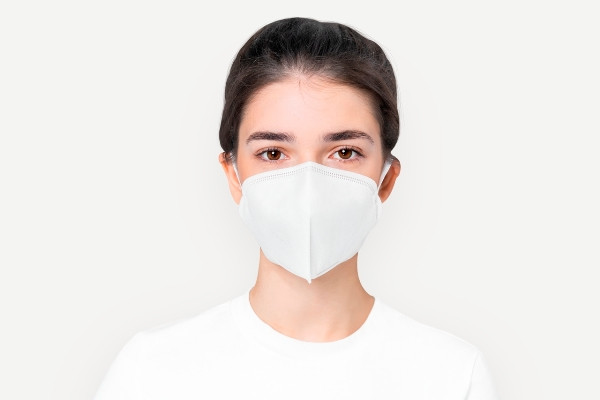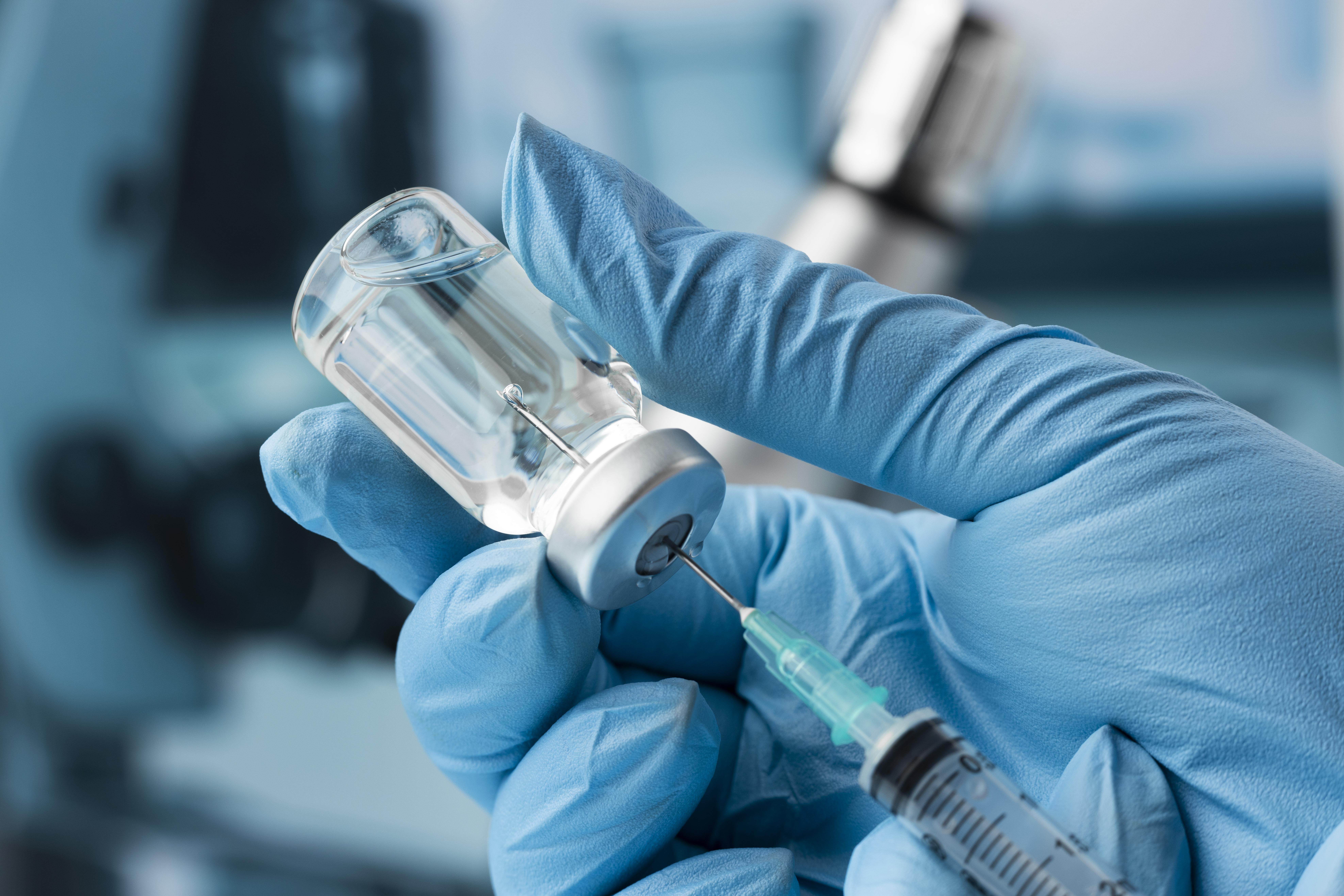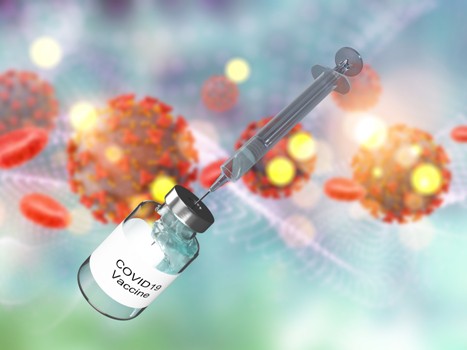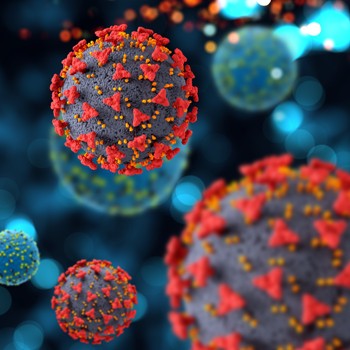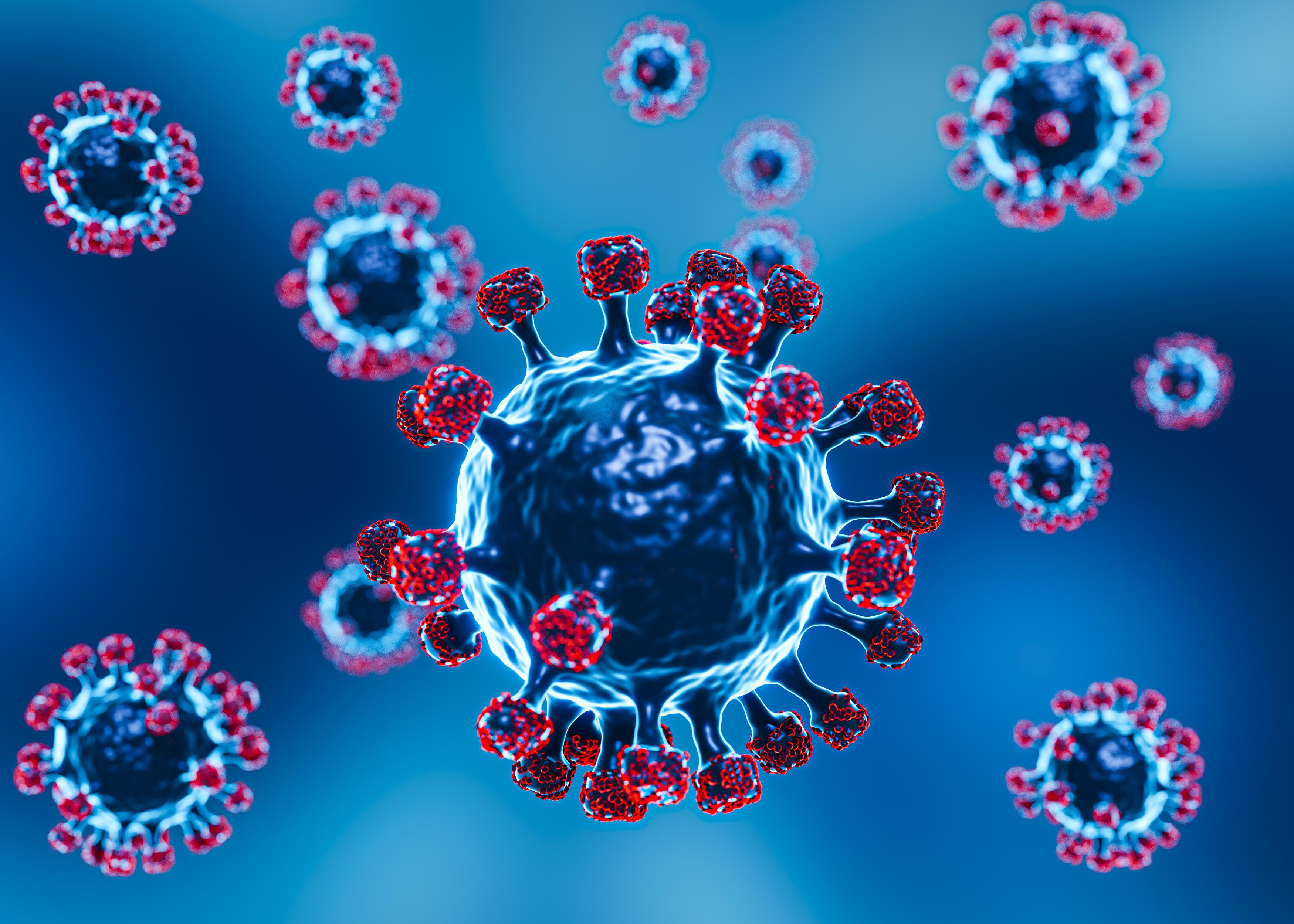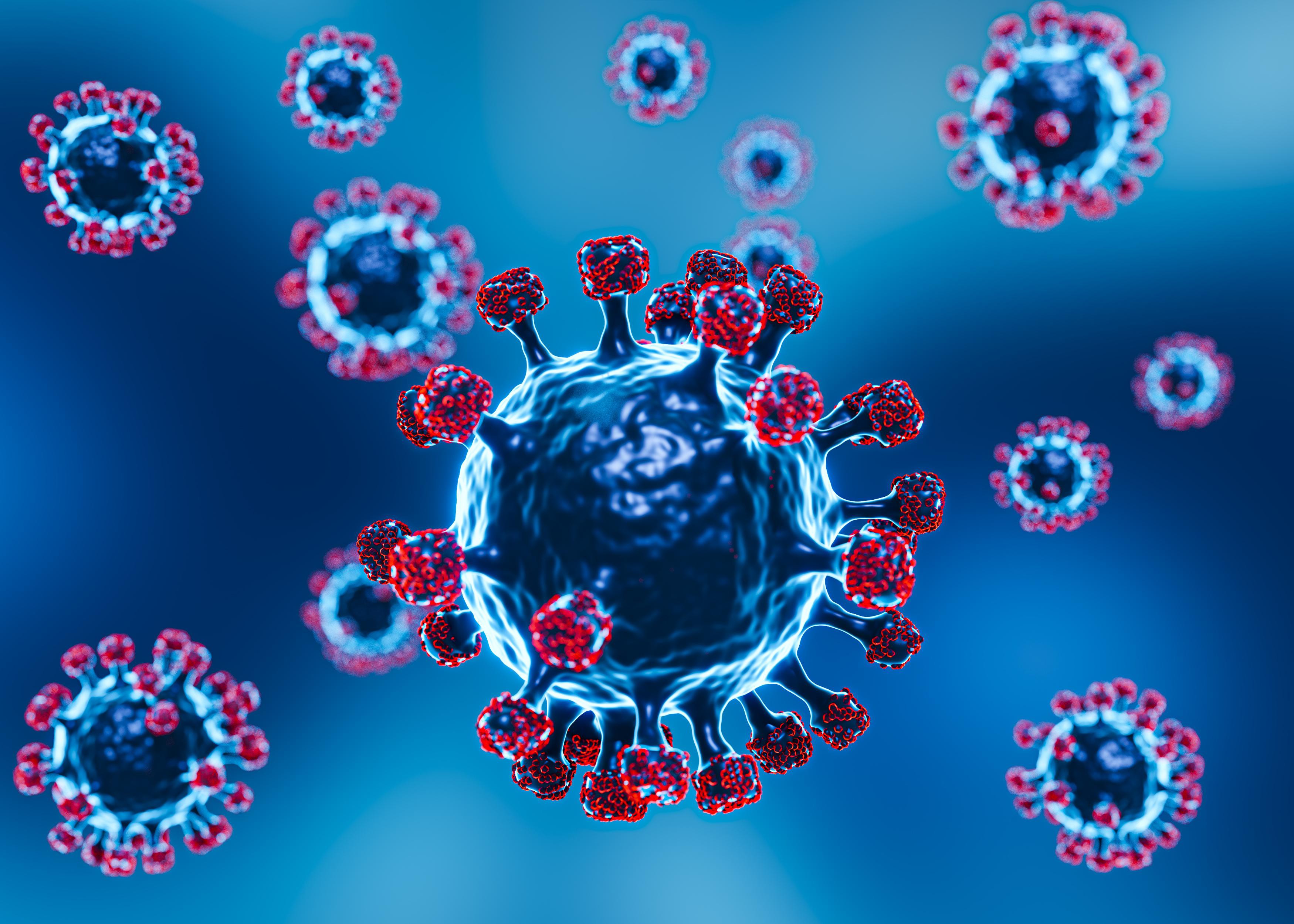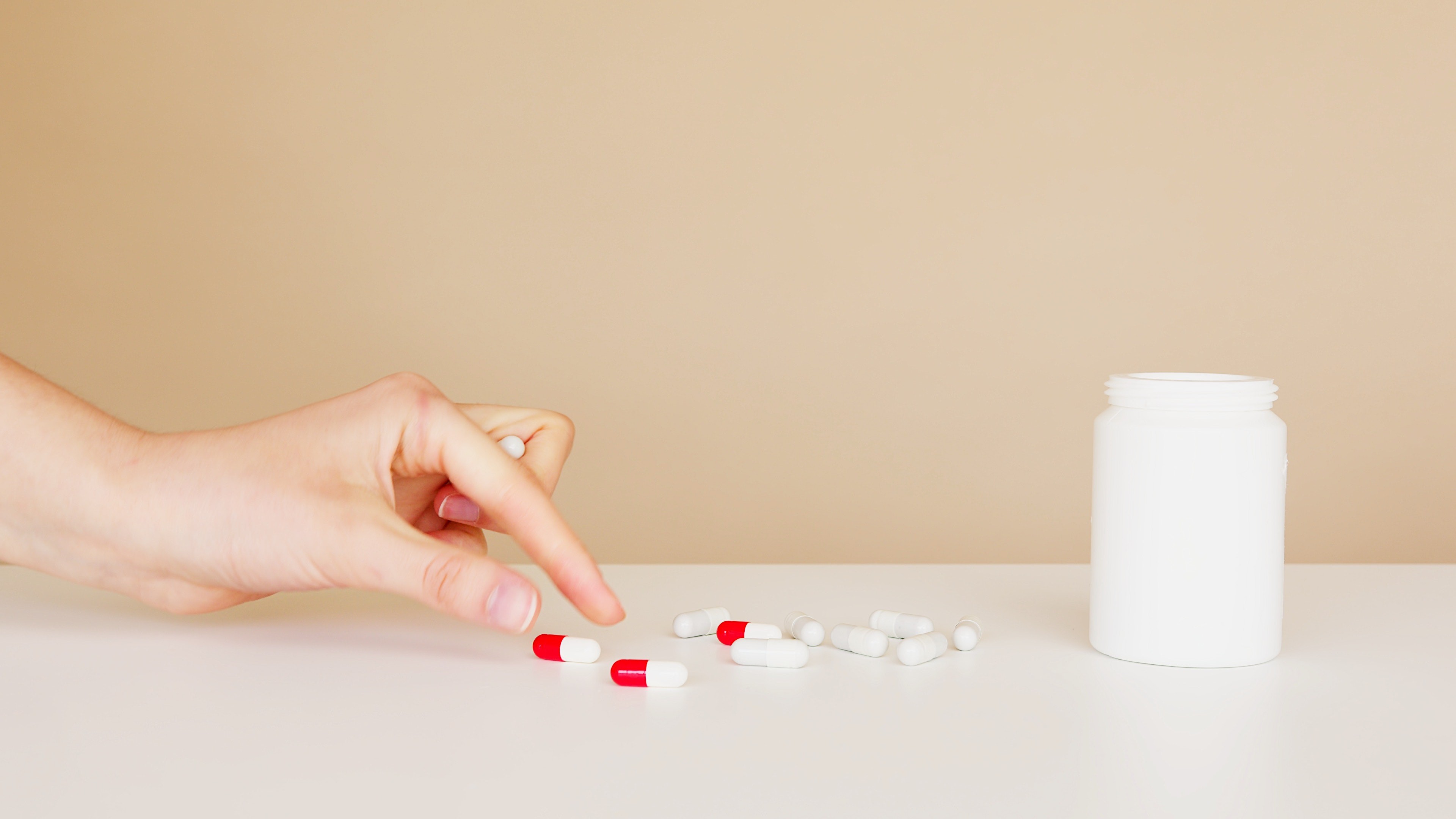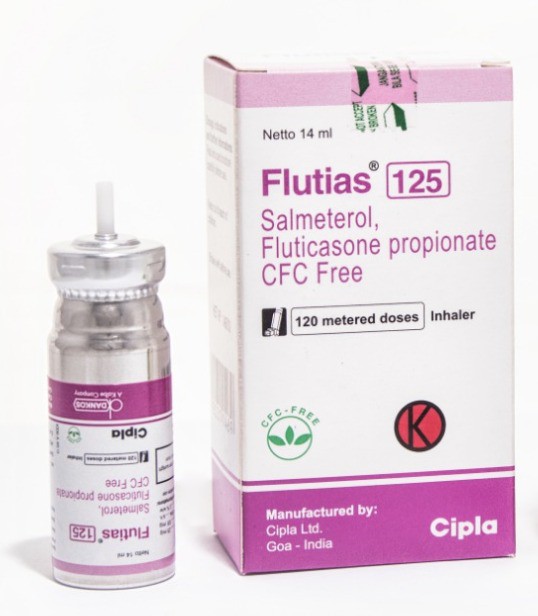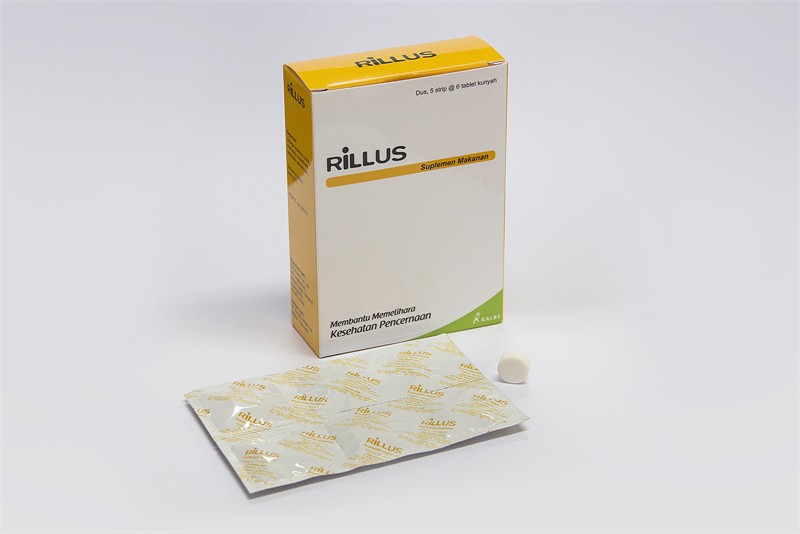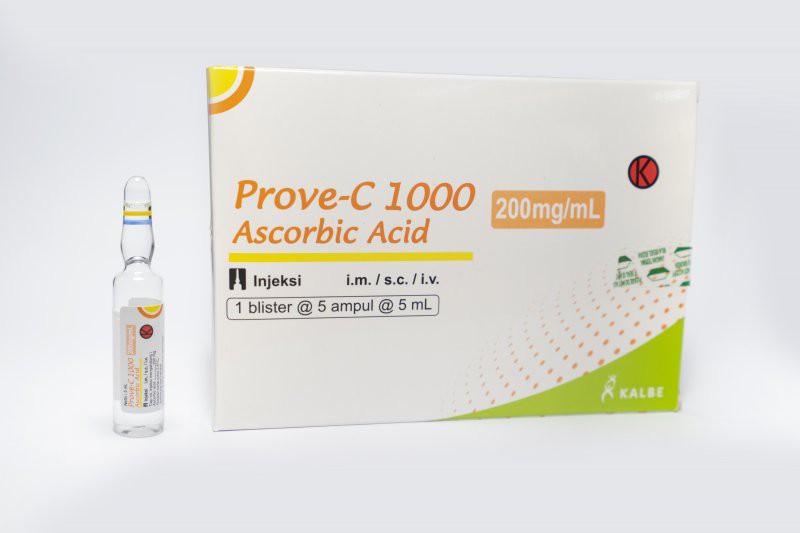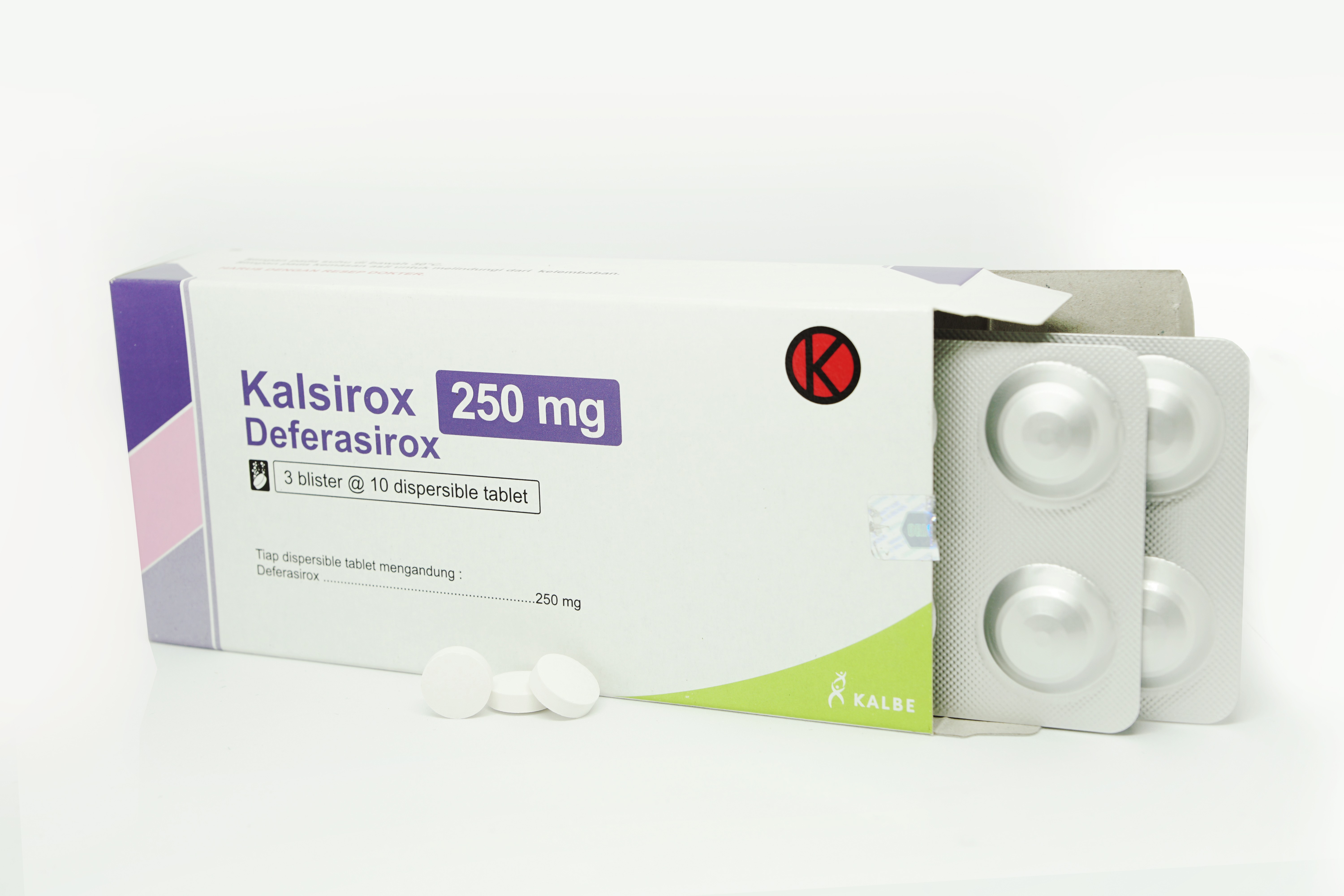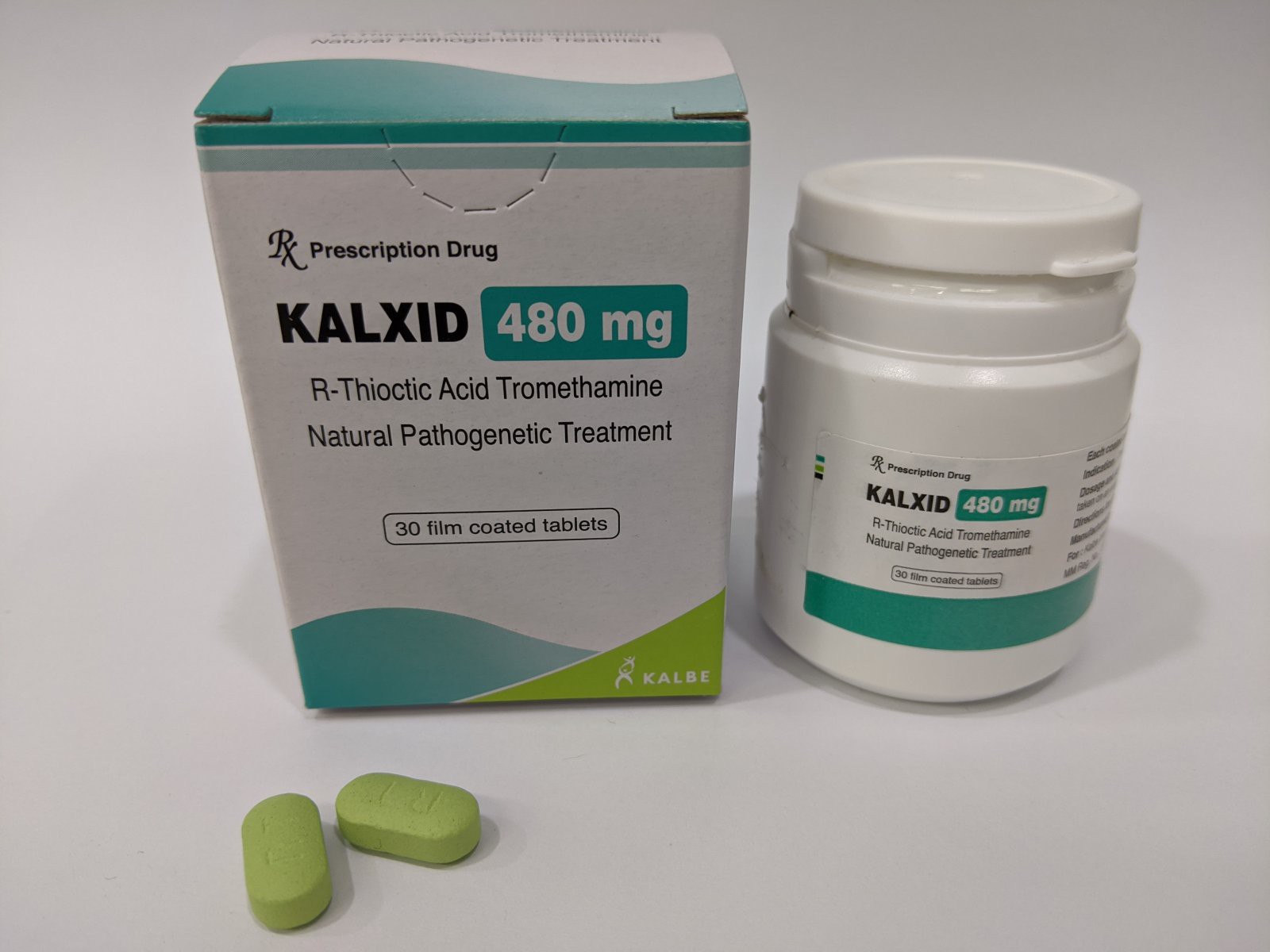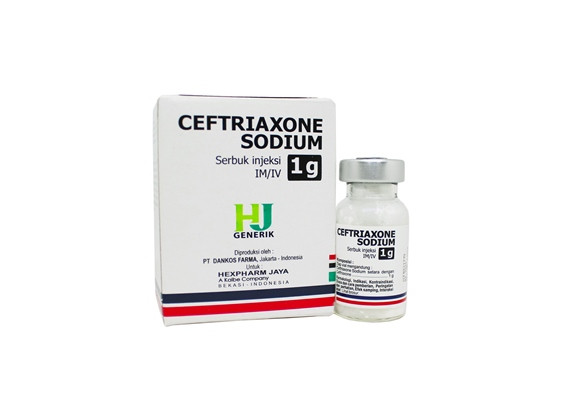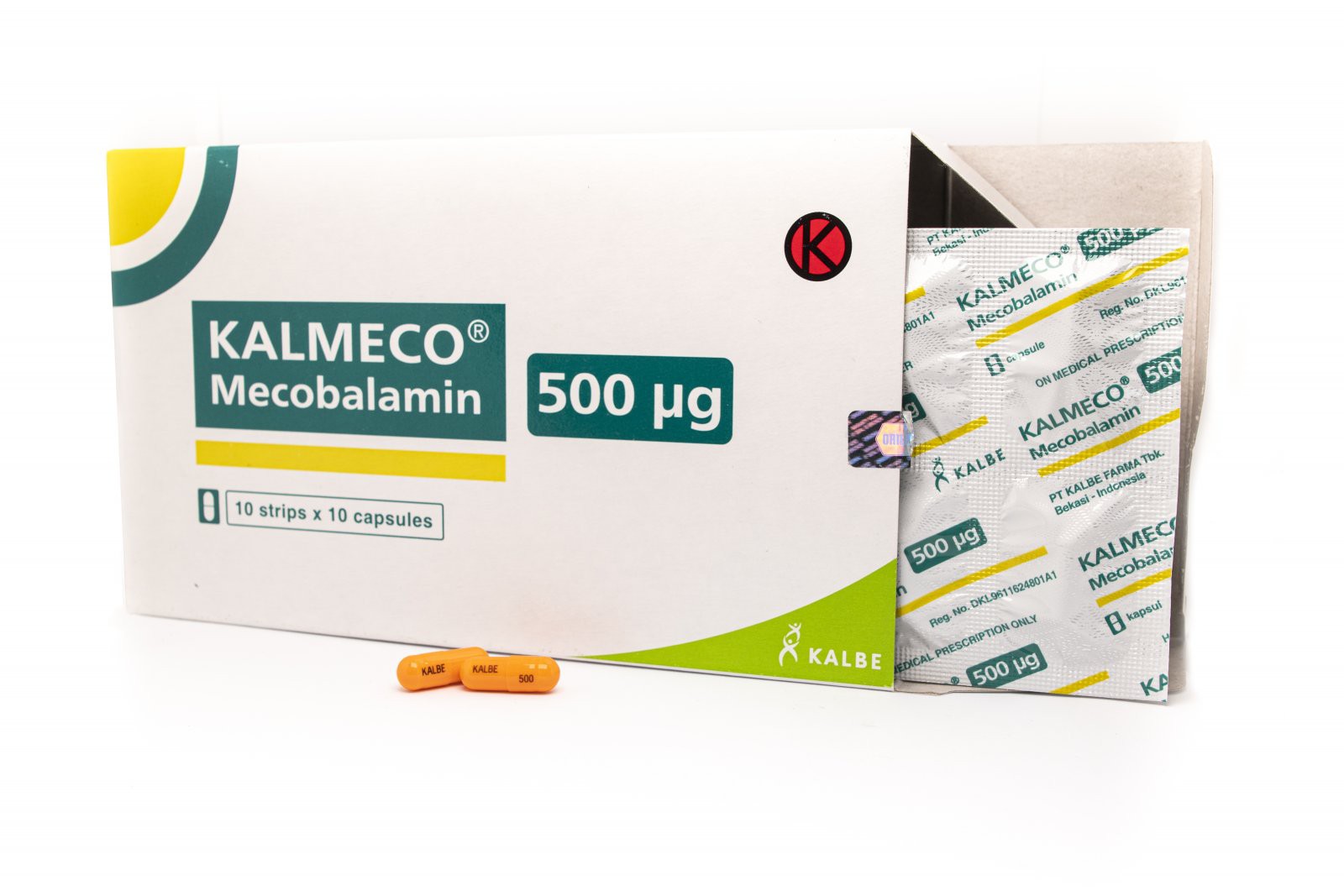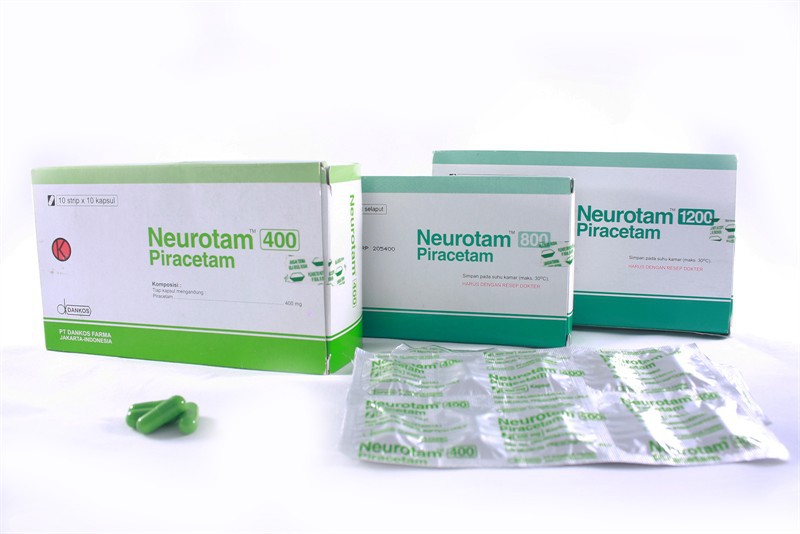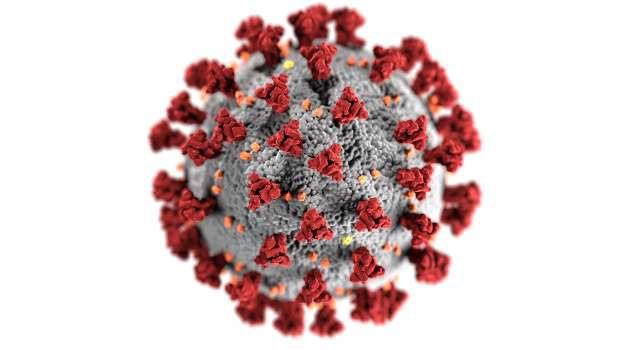
COVID-19 infection is caused by SARS-CoV-2, a type of non-segmented RNA virus. This virus contains several structural proteins, including proteins E, M, N, and S. Protein S is the primary key responsible for the invasion of the SARS-CoV-2 virus into host cells through binding of protein S to ACE2 receptors. ACE2 is highly expressed in the lungs, kidneys, heart, blood vessels, and gastrointestinal tract.
This binding triggers progressive viral replication during the viral invasion stage, decreasing ACE2 levels, resulting in an ACE1-mediated increase in angiotensin II levels. Angiotensin II stimulates the formation of reactive oxygen species (ROS) or oxidative cell stress by activating NADPH oxidase; and triggers over-expression of pro-inflammatory cytokines (TNF-α, IL-6, MCP-1, IFN-γ) through stimulation of CD4 and CD8 T cells to activate NF-Kb. High levels of ROS and pro-inflammatory cytokines support the formation of a cytokine storm that plays a role in the progression of COVID-19.1,2
ALA (Alpha Lipoic Acid), as a natural substance derived from food and also synthesized in the body, has anti-inflammatory and antioxidant effects.1,2 Administration of ALA after initial viral replication occurs lowers ACE2 receptors after viral replication and reduces elevated angiotensin II levels by inhibiting ACE1. Thus, cytokine storms and systemic tissue damage/complications can be prevented or minimized.1 With the antioxidant effect of ALA, ALA helps increase levels of GSH (reduced glutathione), which is an endogenous antioxidant essential for the prevention of cellular damage. GSH deficiency in COVID-19 infection is closely related to elevated IL-6 levels, immune dysfunction, and increased viral load.
The study by Zhong, et al, showed that administration of 1200 mg of ALA, once daily for seven days, as adjunctive therapy and baseline COVID-19 therapy, resulted in a lower general mortality rate than the placebo group, at day 30 follow-up.2
This study concludes that ALA has potential therapeutic effects to enhance immune cells' function and prevent viral replication and cytokine storm in patients with COVID-19 infection. With the administration of ALA as adjuvant therapy in COVID-19 therapy, in addition to controlling the progression of infection and systemic complications/damage, it also reduces the general mortality rate, to be lower than in the non-ALA group, in COVID-19 patients.1,2
Image: Illustration (Source: CDC)
Reference:
1. Sayiner S, Sehirli AO, Serakinci N. Alpha lipoic acid as a potential treatment for COVID-19 – A hypothesis. Current Topics in Nutraceutical Research. May 2021;19(2):172-5.
2. Rochette L, Ghibu S. Mechanics insights of alpha-lipoic acid against cardiovascular diseases during COVID-19 infection. int. J. Mol. science. 2021;22:7979.

